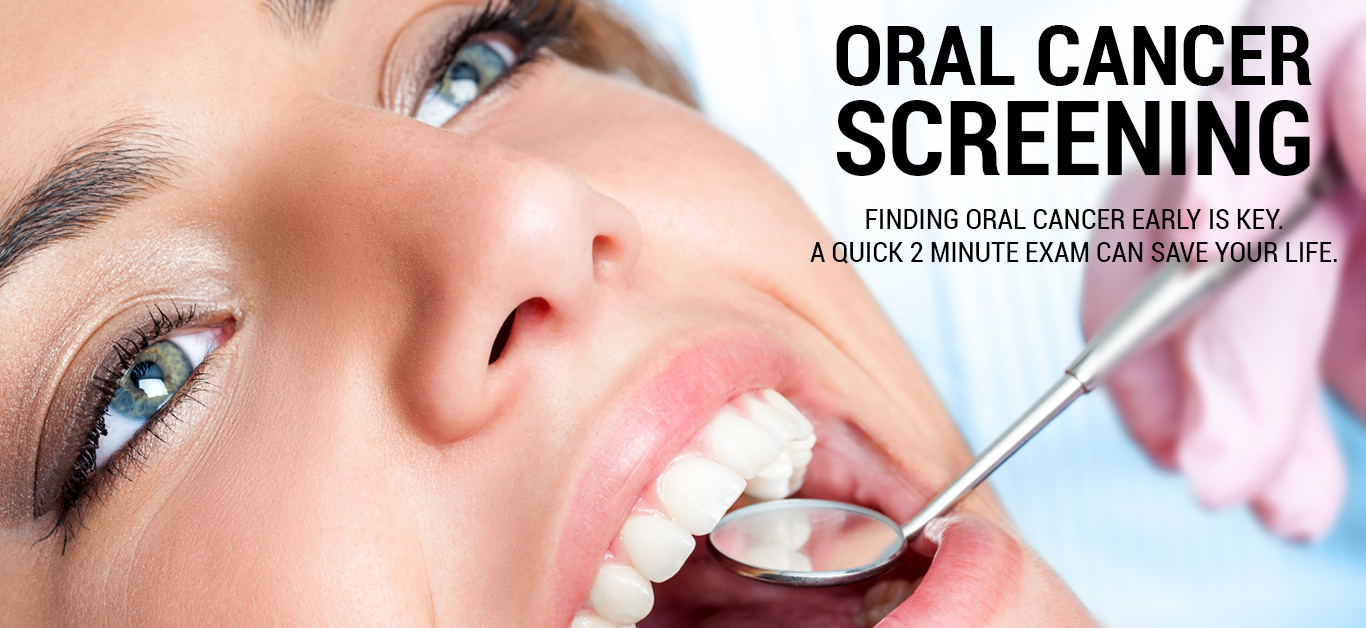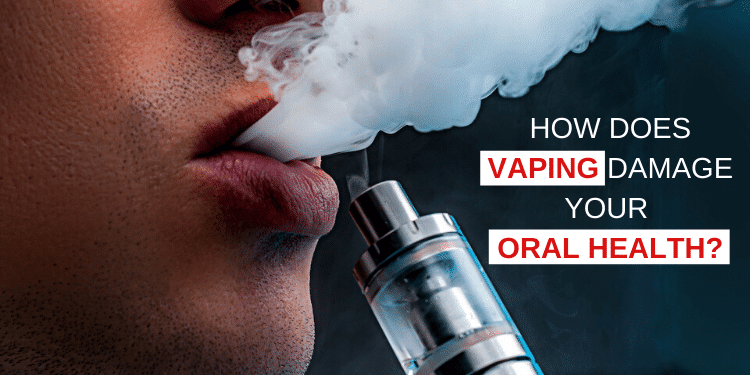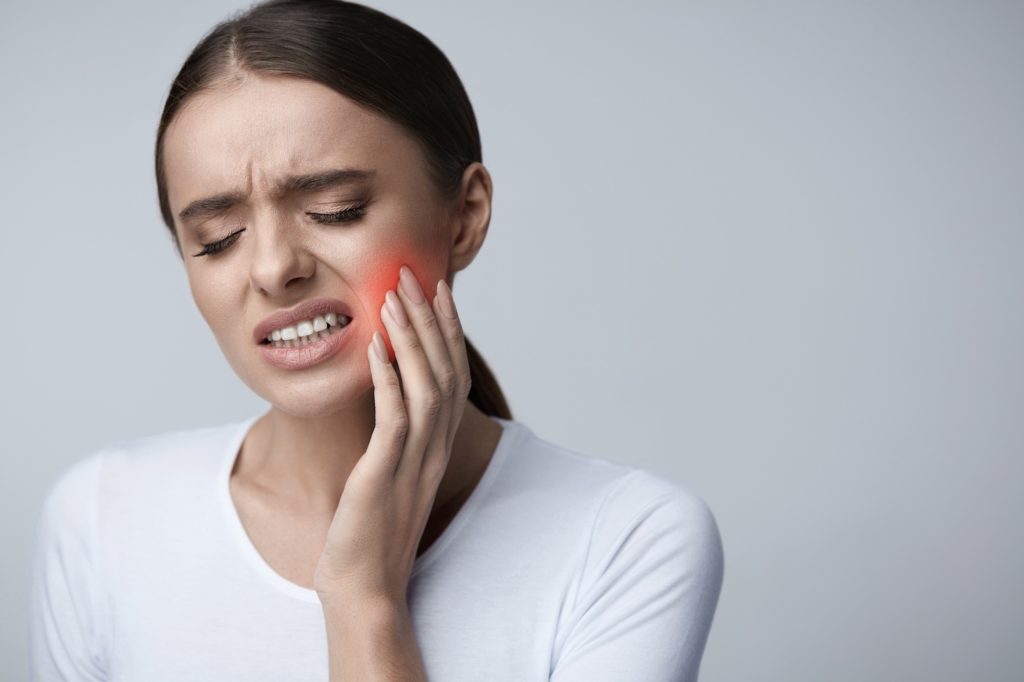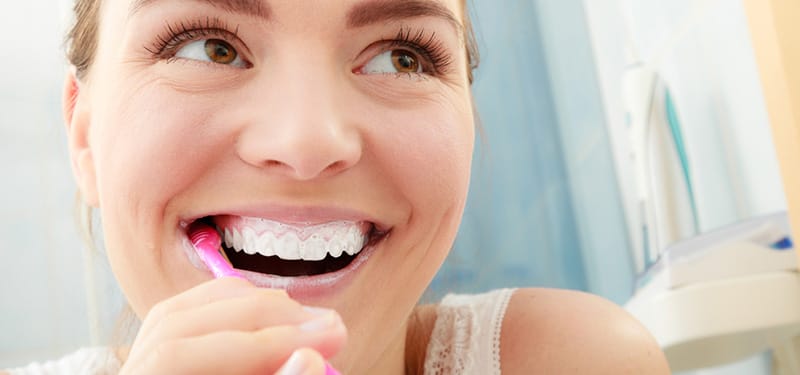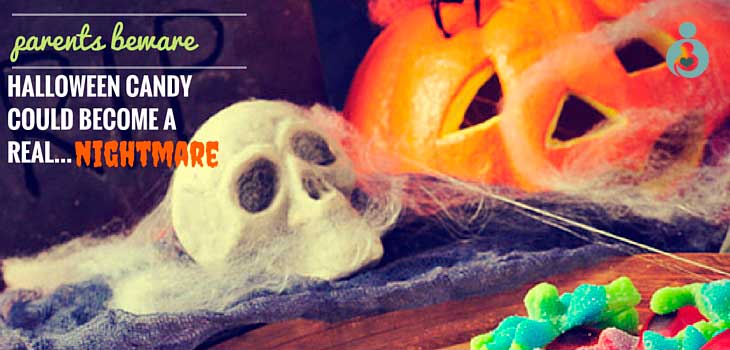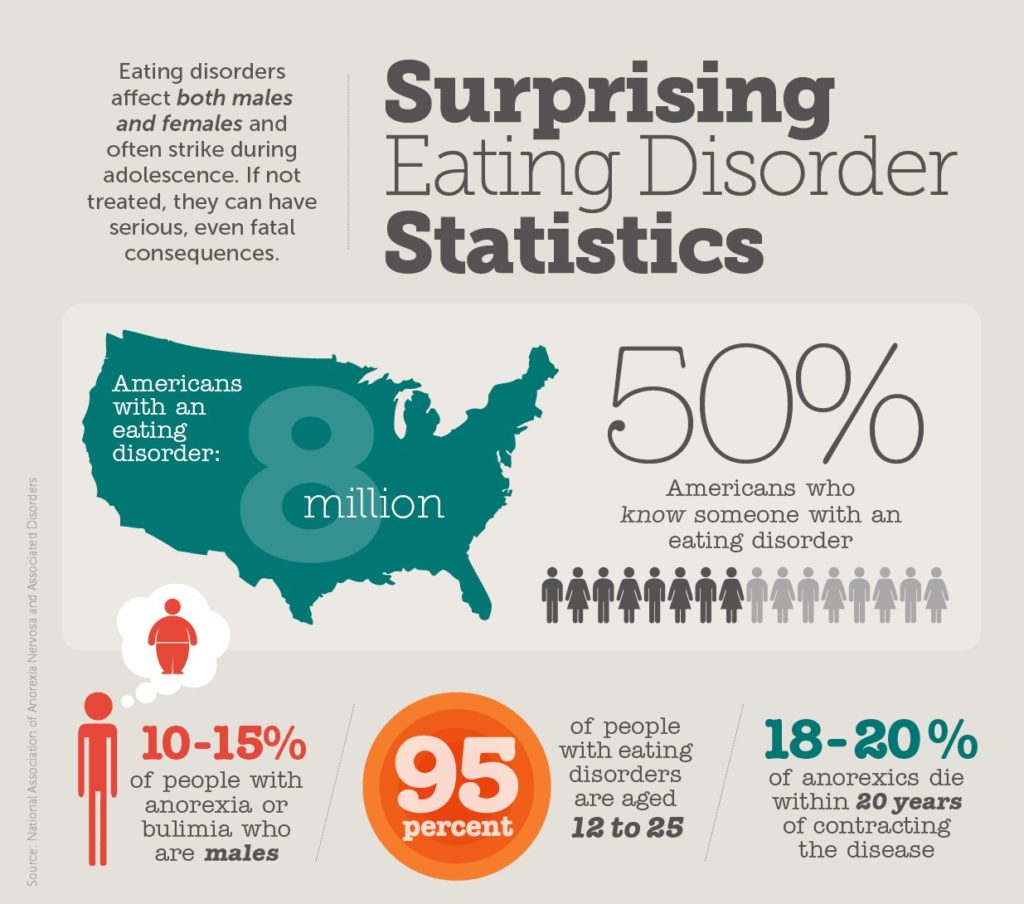The Season of Life
Despite March being the month that officially bridges the gap between winter and spring, April and May are the months in which the spring truly arrives! Like a Phoenix rising from the ashes of the harsh dismal winter, green sprouts of life begin to appear, and as flowers begin to bloom, it’s certainly a beautiful time to be alive! Therefore, perhaps it’s only fitting that we at Overland Park Dentistry take the time to discuss a significant public health concern known as Oral Cancer. After all, in a time where we can observe life around us in all its alluring infancy, what better time is there to reflect upon our OWN life and health?
Learn More about Oral Health
Oral Cancer: Your Mouth’s Worst Nightmare!
The pandemic has forced many of us to reconsider our personal health, as well as the health of our loved ones. Indeed, while COVID-19 may eventually be a thing of the past, with approximately 7,500 annual deaths in the U.S. alone, Oral Cancer continues to remain one of the most dangerous types of cancer in the world today!
Related Article: Mask Mouth and Oral Health: In the Shadow of Covid-19
Much like other inner oral health issues, the initial symptoms of oral cancer are relatively mild and sometimes easy to overlook. The earliest symptoms of oral cancer may include but are not limited to: mouth or lip sores that are slow to heal, mouth or ear pain, an unusual harshness to one’s voice, and increased pain or difficulty when swallowing. While these symptoms are not necessarily indicative of oral cancer, if you have been experiencing any such symptoms on a persistent basis of two weeks or longer, then we highly recommend you schedule an appointment with your doctor or dentist to receive a proper oral cancer screening, which we will discuss in detail below.
While it should probably come as little surprise that oral cancer is primarily caused by use of tobacco products, additional factors such as heavy alcohol intake, prolonged sun exposure to your lips, and certain types of sexually transmitted diseases can greatly increase your risk of developing oral cancer or hasten the advancement of a preexisting oral cancer diagnosis. However, due to its seemingly benign early symptoms, those suffering from oral cancer are often unaware of their illness and could remain so pending a formal diagnosis.
Unfortunately, if the disease continues to remain undetected and is allowed to progress to advanced stages, the resulting damage will likely be irreversible and might become potentially life threatening. Certainly, such a bleak prognosis is not the news that anyone wishes to get, but please remember… It doesn’t have to be that way!
Learn more about April is Oral Cancer Awareness Month.
Dentistry’s Secret Weapon: Oral Cancer Screening During Exam
If you have ever heard the old adage, “The best defense is a good offence” then you can probably surmise how it applies here; the best way you can fight oral cancer is to prevent yourself from ever getting it in the first place! Indeed, there are several of ways you can go about preventing oral cancer, and while there are obvious lifestyle changes, (such as giving up tobacco use and practicing moderation when consuming alcohol) there is a less obvious but equally important prevention measure to take.
Routine Oral Cancer Screenings are without doubt a key component in stopping oral cancer dead in its tracks and preventing it from causing any further harm to both your oral and overall health. Now, if you are questioning as to what an oral cancer screening is and how to receive one, chances are you’ve had one before and just didn’t know it! As one most important and underappreciated procedures within the dental industry today, Oral Cancer Screenings are a quick and painless procedure that Dr. Kimes preforms as part your standard dental exam.
Related Article: Oral Health and Hygiene: Keep Your Immune System Strong
When you come in for your routine dental checkup, you are simultaneously receiving an accurate screening for any early signs or symptoms of oral cancer. While you might not be aware that you are receiving an oral cancer screening during exam, rest assured this is an imperative measure to take in identifying and treating oral cancer within its earliest stages and is often the best bet in fully overcoming the disease due to the cancer not having enough time to progress or spread.
Is COVID an Issue? NO Way!
While we cannot stress enough how important it is to receive your oral cancer screening during exam at Overland Park Dentistry, we also understand that there are some patients out there who might still be reluctant to make an appointment due to continued concerns over COVID-19.
Related Article: Dental Safety: Is it SAFE to Visit the Dentist?
Obviously if you have contacted COVID-19 or been in close contact with someone who has recently been diagnosed with the virus, then certainly you need to reschedule your appointment and quarantine. However, we can assure you that at Overland Park Dentistry we take the health, safety, and well-being of our patients and employees extremely seriously, you WILL be safe!
If you find yourself worrying over the possibility of developing oral cancer or are just in need of a routine dental exam, remember you don’t have live in fear of COVID or oral cancer!
So please contact our offices at Overland Park Dentistry and let us put your fears to rest and of course… keep you smiling!
Local dentist, Dr. Charles R. Kimes, DDS, and his team at Overland Park Dentistry look forward to having the opportunity to care for you and your family with preventative, restorative or cosmetic dentistry. To schedule your dental appointment with your Overland Park Dentist, contact us at our south Overland Park office at (913) 647-8700 or our north Overland Park office at (913) 341-2380.

